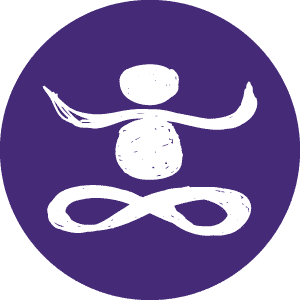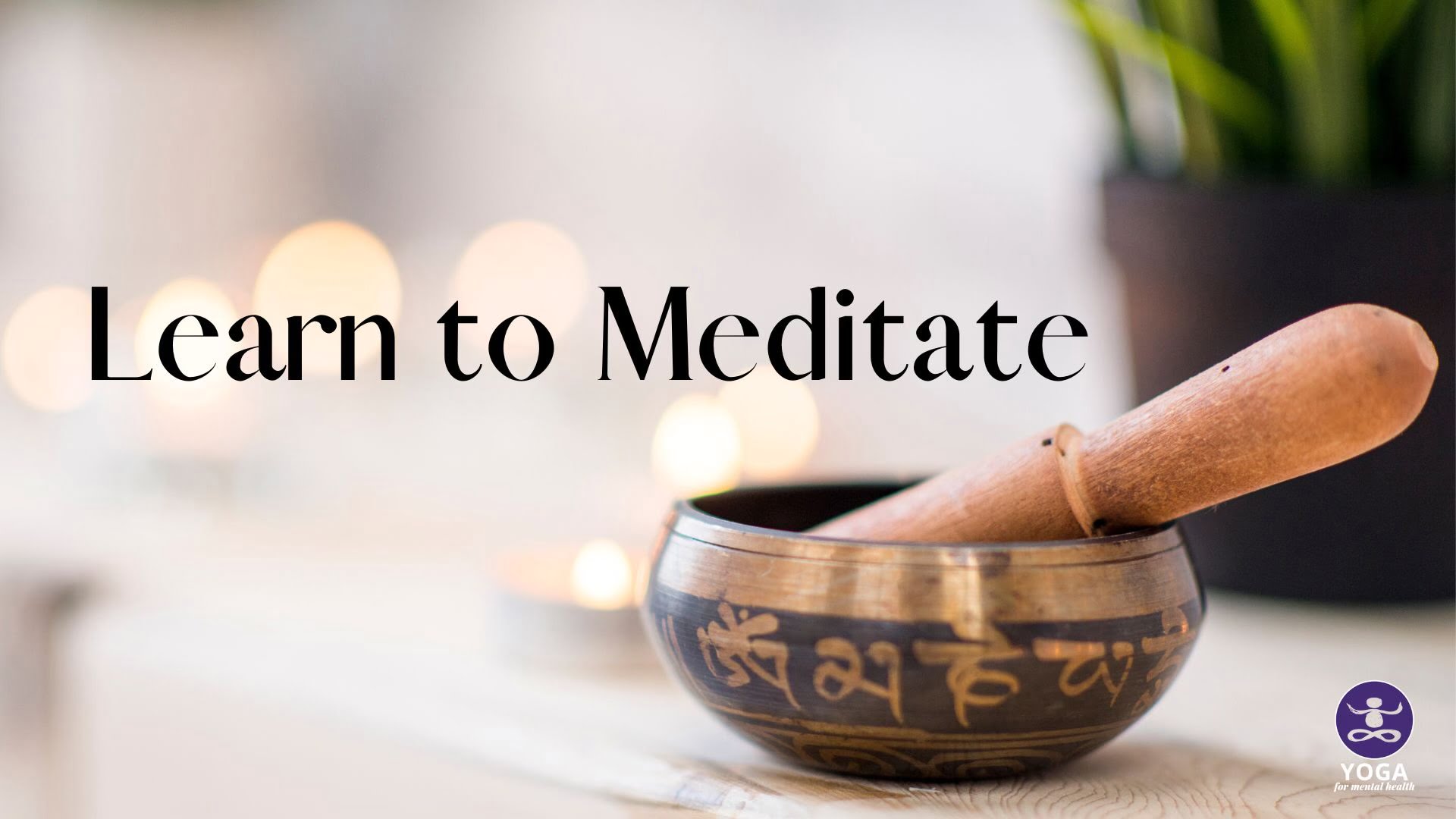Learn to Meditate
About our Learn to Meditate Online Course
Learn to Meditate
Our course will help you learn to meditate by teaching you a number of different techniques. You may find that you strongly prefer one or the other, or, that you like having options for different moods, energy levels, times of day, and other circumstances.
We will help you learn to meditate by dashing unrealistic expectations and ideals and helping you to build confidence over time with each technique.
As you learn to meditate you can expect to find more clarity, tolerance… and even calm. Meditation is a tool that will help you to learn more about yourself and the world that you live in. It can help you to feel more confident and decisive. It only works if you do it though… this is course is where you can begin to learn how.
All you need is some positive intention, a little patience, an internet connection, and a timer. You can move through the lessons in the course at your leisure. You are encouraged to join for a livestream practice whenever you can. One of the most helpful aspects of a meditation practice is a supportive community. You have one here at Yoga for Mental Health. Refer to the schedule online to see when livestream practices are happening.
Course components
- online lessons with video and text descriptions
- new recordings added weekly
- livestream practice twice weekly (go to course materials above or click here for livestream link)
- week of the month corresponds to lesson in the course
- week one -> posture for meditation
- week two -> techniques for meditation
- week three -> breathing techniques for meditation
- week four -> mantra for meditation
- week five -> walking meditation
- week of the month corresponds to lesson in the course
Why learn to meditate?
Meditation “can be conceptualized as a family of complex emotional and attentional regulatory training regimes developed for various ends, including the cultivation of well-being and emotional balance.” (Lutz, Slagter, Dunne, Davidson, 2008.)
The regulation of the nervous system is perhaps the most significant and, lucky for us, the most accessible of the many benefits of meditation. When we learn to meditate we learn to differentiate between various aspects of experience. With the techniques in the course, you will see, hear, feel, think, sense and otherwise notice a wide variety of options and you will practice choosing where to direct your attention.
With these meditation practices we become more wise, and, often feel more empowered to effect the course of our life experience. We also learn to become more tolerant as we see more clearly what is well beyond our control. Meditation practices not only affect our own direct experience but have a profound effect on our relationships, careers, and communities. Truly, all beings benefit.
When should I meditate?
Whenever you can, for however long you have. There is a popular teaching on this point that travels through meditation circles. It that says that you should meditate for 30 minutes a day, unless you are too busy, in which case you should meditate for 60 minutes a day.
We don’t believe that the time you spend meditating matters so much, especially in the beginning. In fact, the expectation or aspiration to meditate for TOO long can be a major obstacle. One to two minutes or five to ten breaths are wonderful containers to start to hold your practice.
You may find it supportive to link practice to something else that is already established in your world. For example, you might use the time when your coffee is brewing, or when your car is warming up to be quiet, still, and reflective. You might take a moment, with toothbrush in hand, before you start brushing. Or, you might have an evening routine already and could add a few minutes of mindfulness to it. Think about when you’d like to have “a few extra” minutes and take them!
It is also helpful to take the time for longer periods of practice. You might do this just once a week at first. You could try just five-ten minutes if your “daily” practice is one-two.
Guided meditation can be helpful but don’t mistake it for your own reflection. Give yourself some time.
Join us for the livestream practices that complement this course. Visit our schedule online to see when those are offered. Yoga for Mental Health Members also have access to our full catalog of pre-recorded meditations. Click here to learn more about Membership.
Who can learn to meditate?
You and me and children and elders and introverts and extroverts and everyone in between can learn to meditate.
When my nephew Kellen was three years old I introduced him to “quiet and still time.” He was a wiggly giggly ball of energy and love (still is.) His baby sister had recently arrived and between the two of them, their parents, pre-school, work, daycare, me and other visitors coming and going and the general background buzz that accompanies life in New York, there was a LOT of movement and noise, not a lot of quiet and still. I needed some and I thought they might too.
And so, we tried. I asked if he was game (he was,) explained that we would try to keep quiet and be still until the timer went off, and set it for one minute. His mom joined us.
The two of them collapsed into giggles just a few seconds into the attempt. When the timer went off I smiled with them, told them I’d heard their giggles, and asked if they wanted to try again. They did.
During the second attempt there were a few giggles. Third try, there were none. There was a moment of absolute stillness. I remember it still.
Anyone can learn to meditate. Actually, I think everyone does meditate in one way or another. We just call it something else. In this learn to meditate course you will learn to recognize yourself as someone who meditates and claim the many benefits that the practice promotes!
CLICK HERE to link to livestream practice


